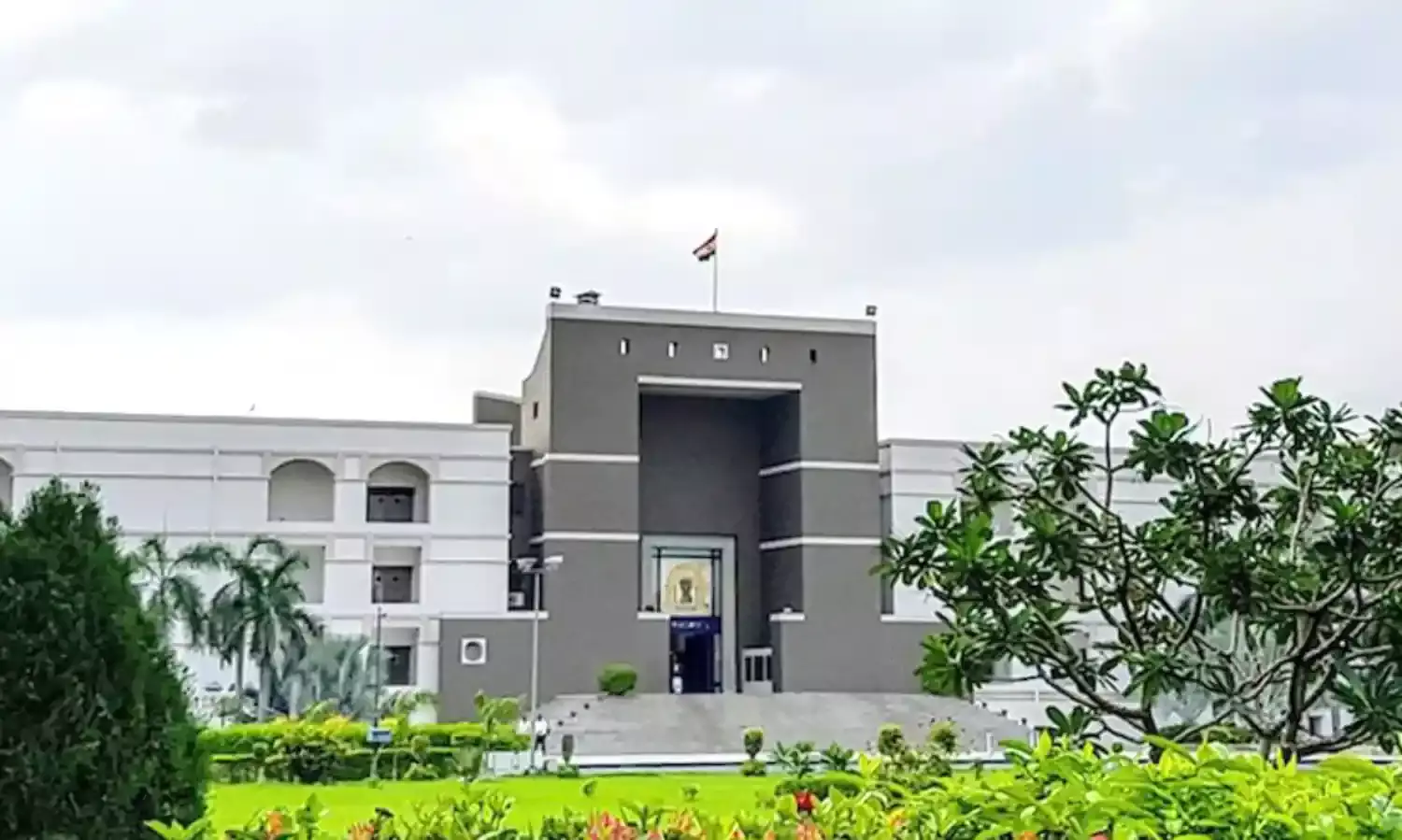Gujarat HC Upholds Dismissal Of Magistrate Who Alleged 'Whole Judicial System Facing A Rot'
Whole Judicial System Facing Rot

The Gujarat High Court recently affirmed the termination of a Magistrate who took unauthorized leave subsequent to dispatching an "imprudent" letter to both the administrative judge of the Gujarat High Court and the Principal District Judge of Vadodara in 2013.
The Division Bench of Justice Biren Vaishnav and Justice Nisha M. Thakore was dealing with a Writ Petition filed by a Judicial Magistrate challenging the order of the High Court passed at its administrative side recommending that the petitioner be dismissed and the order of dismissal by the State Government.
Background: The Petitioner addressed a letter to the District Judge, which triggered the episode, raising grievances against the President of the District Bar Association that the Bar proceeded on strike without a just cause and in violation of the decision of the Apex Court. The petitioner in the letter also expressed an opinion that the whole judicial system was facing a rot by virtue of such elements in the Bar and the concerned administrative judge of the High Court, as well as the Principal District Judge, tantamounts to directly or indirectly helping the system in encouraging setting in systematic destruction of the judicial system.
The Petitioner further informed the Principal District Judge that as long as the issue was not resolved he would not report for duty. Accordingly, after the due procedure, the High Court on its administrative side recommended the Petitioner's dismissal from service, which is the subject matter of challenge in this petition.
It was argued before the High Court by the Petitioner that the letter nowhere indicated any use of any intemperate or undignified language and therefore could not have been made an issue so as to warrant a charge sheet. It was added that it was with an intention to uphold the dignity of judicial institutions that the petitioner requested the District Judge to resolve the issue and till such an amicable resolution is arrived at, he chose to remain absent.
The Petitioner also relied on the Judgment of the Apex Court in the case of K.P. Tiwari vs. State of Madhya Pradesh [AIR 1994 SC 1031] and submitted that the Apex Court had observed that the lower judiciary officers work under a charged atmosphere and are constantly under psychological pressure and that every error, however gross it may look, should not therefore, be attributed to improper motive. He further added that as per the Judgement, the judges in the higher courts have also a duty to ensure judicial discipline, however, higher courts must not publicly express a lack of faith in subordinate judges.
On the other hand, the Registrar General of the High Court contended that in the circumstances of the case, the penalty of dismissal was just and proper and that even in the past, the petitioner has been in the habit of addressing letters using intemperate language and making baseless allegations.
It was also submitted that the Petitioner was highly unbecoming of a judicial officer to abandon his duties which would tantamount to going on strike. It was further stated that the response filed by the petitioner to the charge sheet would indicate that the petitioner continued to use intemperate language by branding the issuance of a charge sheet as a design and the charges against the Petitioner are proved based on the preponderance of probabilities and therefore this court in the exercise of powers under Article 226 of the Constitution of India should not interfere with the order.
Considering the submissions, the High Court upheld the termination of the former judge, stating that the High Court's report correctly documented that his behaviour was inappropriate for a judicial officer. The Bench stated, "Viewing unauthorized absence of an ordinary employee, may perceive a different perception. Similar standards cannot and should not be applied in case of a Judicial Officer who abandons his service in defiance by addressing a letter to his Principal District Judge that unless a particular issue is not resolved he shall not report for duty. The report of the committee on the administrative side of this court, has therefore, rightly recorded that such a conduct on the part of the delinquent officer is not befitting the Judicial Officer."
The High Court also quoted the observation of the inquiry officer which had stated, "Even assuming that the delinquent was depressed due to family disputes, he could have, as a judicial officer, avoided the intemperate language in the letter and while penning the letter, the control over the language should not have been forgotten and ought to have had made a committed comprehensive endeavour to control the baseless allegations made in the letter. The delinquent being a Judicial Officer, the decision making process expected from him to apply restraint, ostracize perceptual subjectivity, make his emotions subservient to his reasoning and think dispassionately. He is expected to be guided by the established norms of judicial process and decorum. ... A judge is required to remember the humility and respect for temperance and chastity of thought are to be bedrock of apposite expression. In that context the rhetoric becomes sans reasons and without root. It is likely to blinden the thinking process.”
The Court accordingly held that the dismissal order is just and proper and therefore no interference is called for in the petition.
Cause Title: Nileshbhai Khusalbhai Chauhan v. Registrar General & 1 Other [C/SCA/4024/2016]

